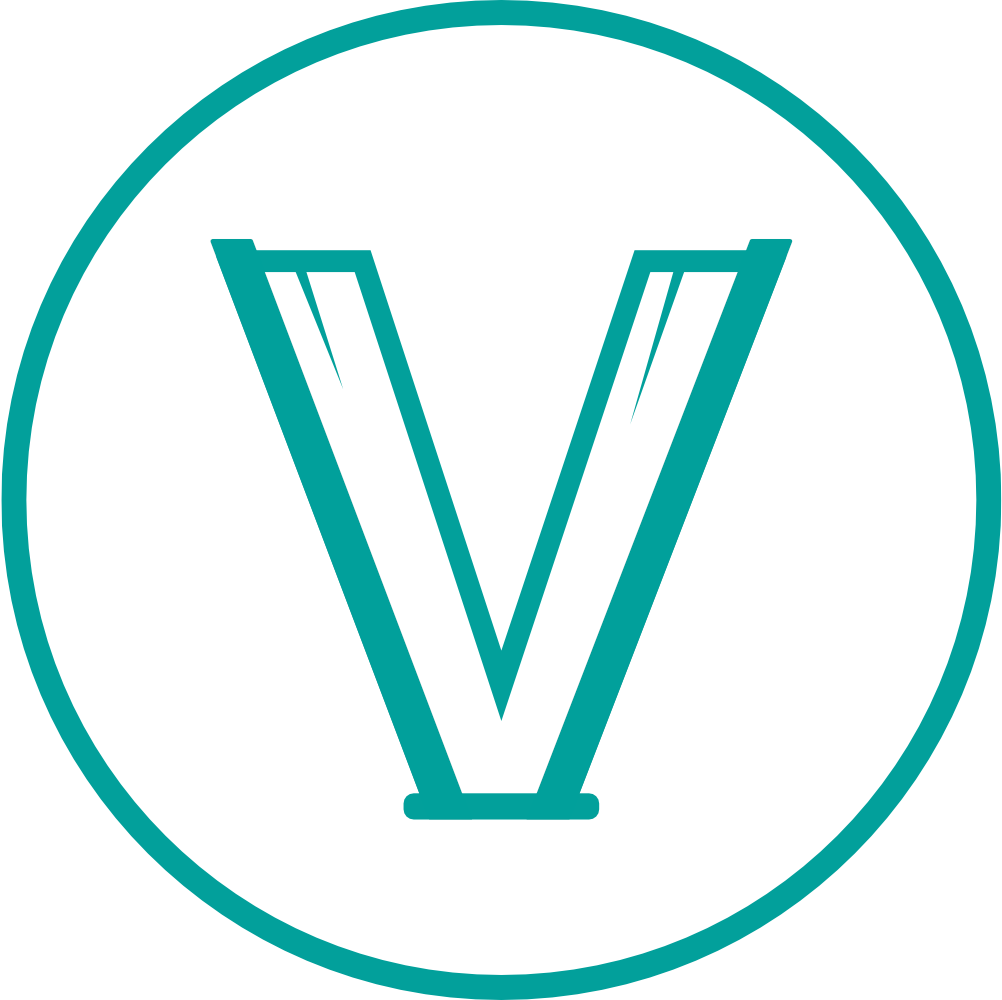The Future Belongs to Finishers | Finish by Jon Acuff
* This post may contain links that will, at no additional cost to you, earn the author a commission on any purchases made.
I could give you a star rating for this book, but I know myself, and I think by the end of the year, I would look back on the books I reviewed and realize that I had given them all ten stars. I’m too generous. But also, I secretly hope that Jon Acuff reads my review and we become best friends. So in that case, 10/10 stars, will read again.
But honestly, though, this book was terrific. Jon offers some really great insight into how our behaviors keep us from finishing the goals we set out to accomplish. I would say that nothing in the book is some Earth-shattering reality that rips the Matrix apart and reveals everyone’s inner workings—rather, he simply exposes what we all know is there. He’s just real about it and makes us get real with ourselves.
The book is broken down into eight chapters (plus an intro and conclusion chapter) which each address different elements of what keeps us from accomplishing our goals, as well as how to conquer those roadblocks. At the end of each chapter, he includes some question prompts for you to spend some time working through which, if you spend the time to actually work through them, will really help you learn some things about your own habits. Throughout each chapter, as he exposes those roadblocks, he offers practical advice and real-life examples for tackling them.
From a personal perspective, what I think I loved most about this book was the readability. I’m primarily a non-fiction reader. I’ve tried many times to get into fiction, I really have, I just can’t. Honestly, if you look at my bookshelf, it’s a really eclectic collection of unfulfilled college studies in technology and engineering, a bunch of different Bibles, a handful of theology and reference books, and a couple of yearbooks. I think somewhere in there I have a copy of Hitchhiker’s Guide to the Galaxy, but that’s just because Cameron loaned it to me, and I wanted to pretend like I was going to read it, knowing full well I would never get around to it.
But, despite my affinity for non-fiction books, I’ve never really been good at, erm… finishing them. It’s not because I don’t want to. I do. It’s usually because they’re often pretty predictable. So I read until I get the general point, then I put a bookmark in it and stick it back on the shelf as if I’m going to come back to it someday. I won’t. The other side of that coin is that I’m also a pretty slow reader. If you put a snail beside a line of text and had him…what is it that snails do?… Crawl?…slide?…to the other side of the page, he would probably get there before I finished reading the line of text. It’s not that I’m a bad reader, I just read each word very thoroughly. It makes me an awful reader, but a fairly acceptable editor.
Anyway, enough digression. This book was very readable thanks in large part to Jon’s style of writing. He does a wonderful job of walking you through things very sequentially. While many books in this genre tend to just throw a whole bunch of stuff at you at once and expect you to just keep trucking, Jon spaces things out with personal anecdotes, real-world examples, and references to help you grasp the concepts more fully. Despite my less-than-desirable reading pace, I actually managed to read this book cover to cover in under two days. I flew through the pages, and I think that’s in large part due to the layout of the book, as mentioned, but also his inclusion of humor in his writing style. I’m a huge fan of a good laugh, especially dumb puns. So if you incorporate any of those elements in a book, you’ve probably sold me.
My one recommendation when reading this book would be to slow down a little bit. it. It is a great read, but if you go too fast, you can miss out on some really valuable time reflecting on the things you’re reading. It’s especially easy to skip over the questions at the end of each chapter and come back to them. Don’t. It’s much easier to stop and reflect on them as you come to them, rather than to go back and try to recall the lessons of each chapter later.
Overall, great book. I fully intend to read it again, and I highly recommend you add it to your list for this year. January, February, March—all great months to dive into this one, especially if you’ve made any New Years’ resolutions that you find you’re struggling to keep.


